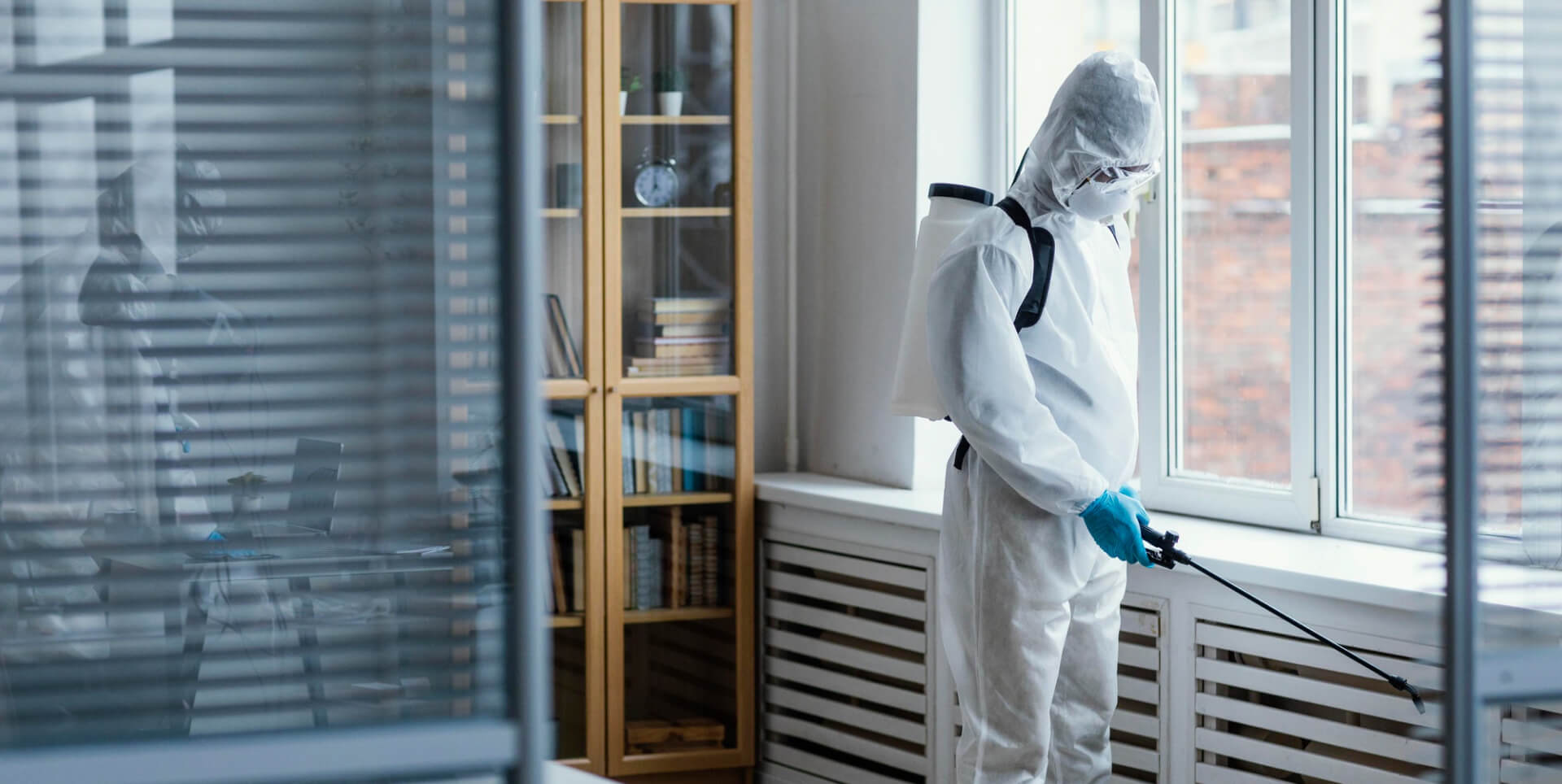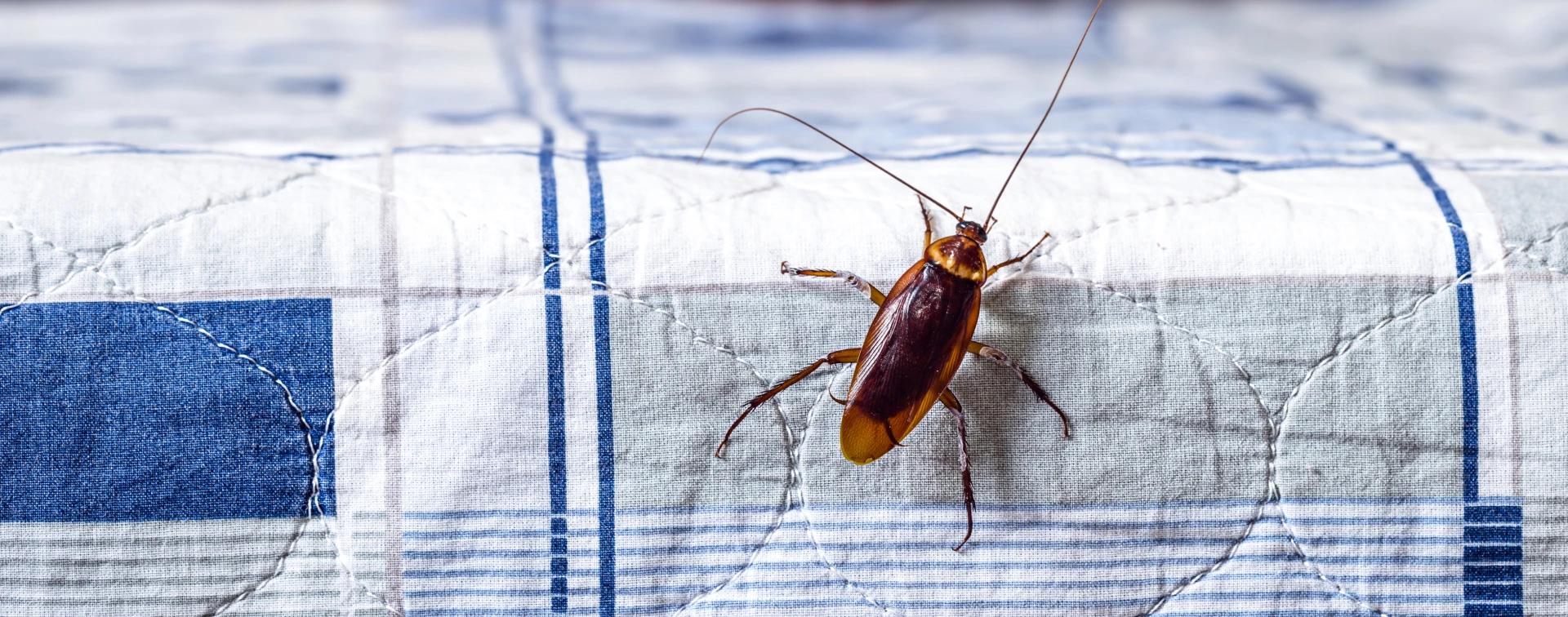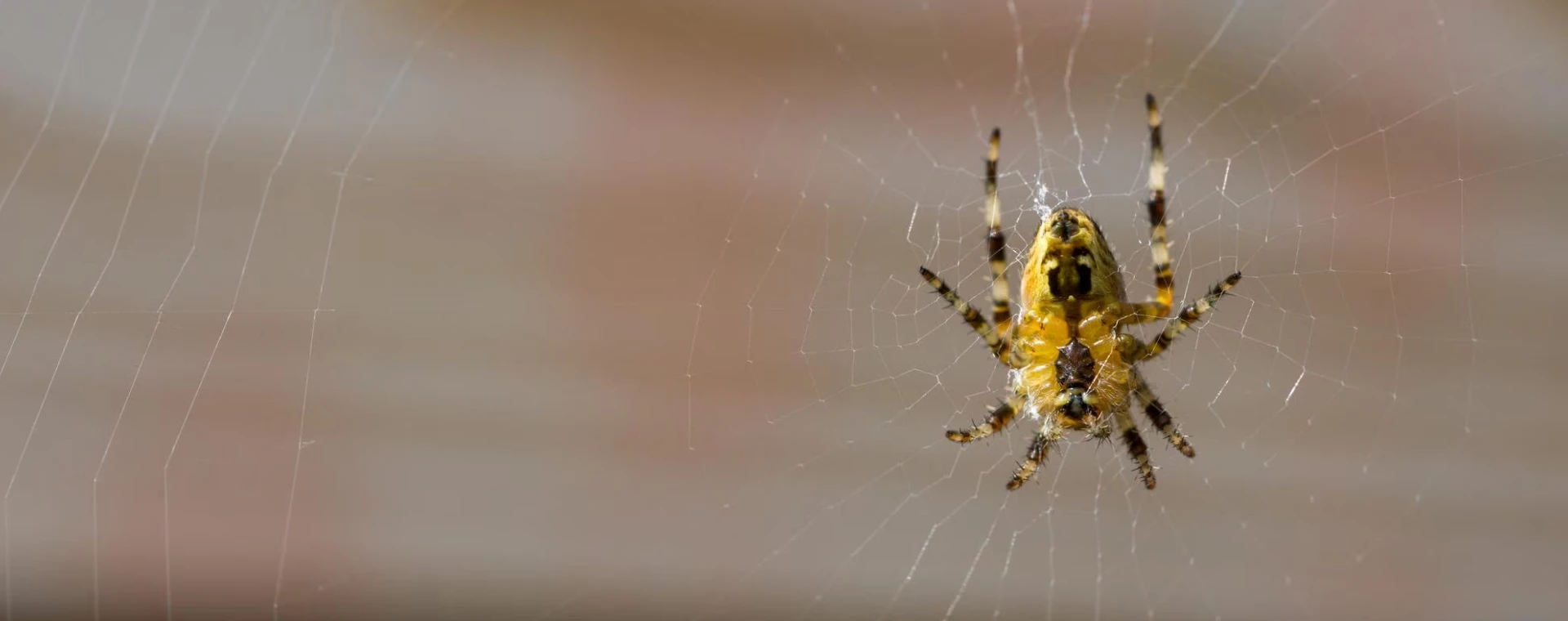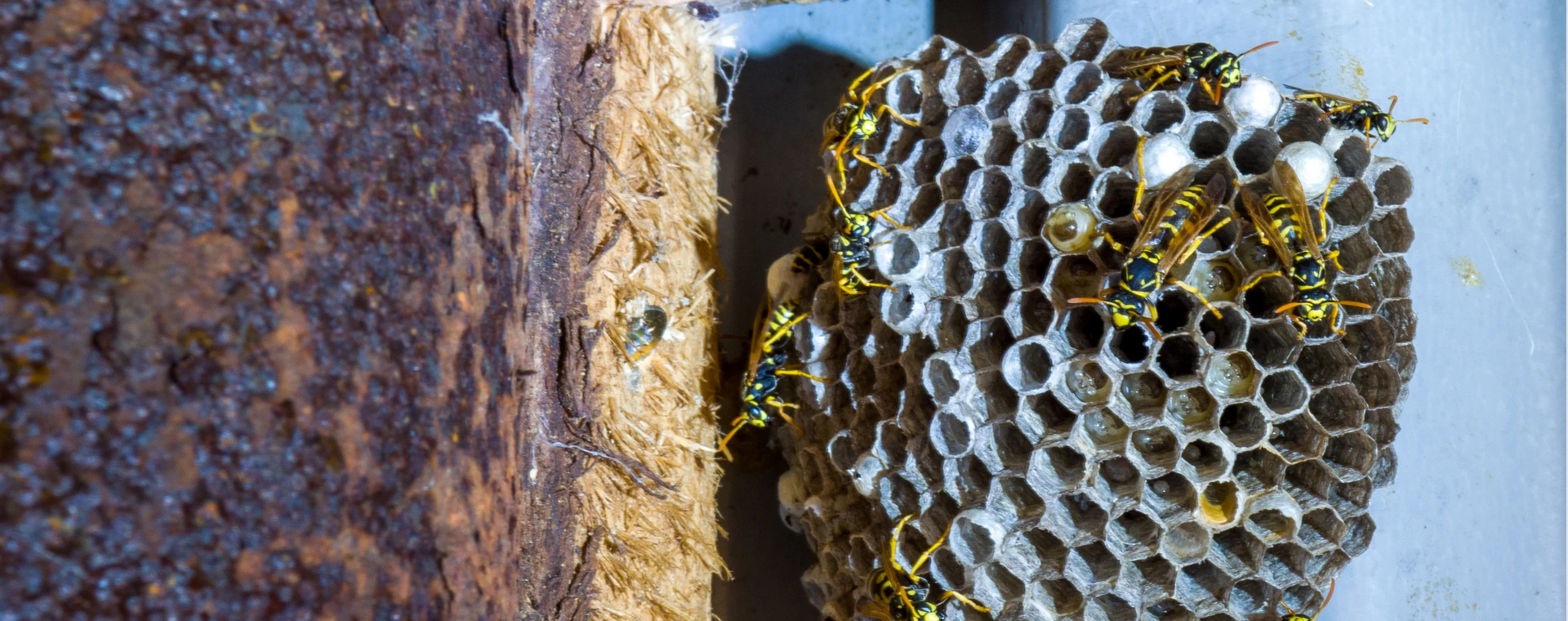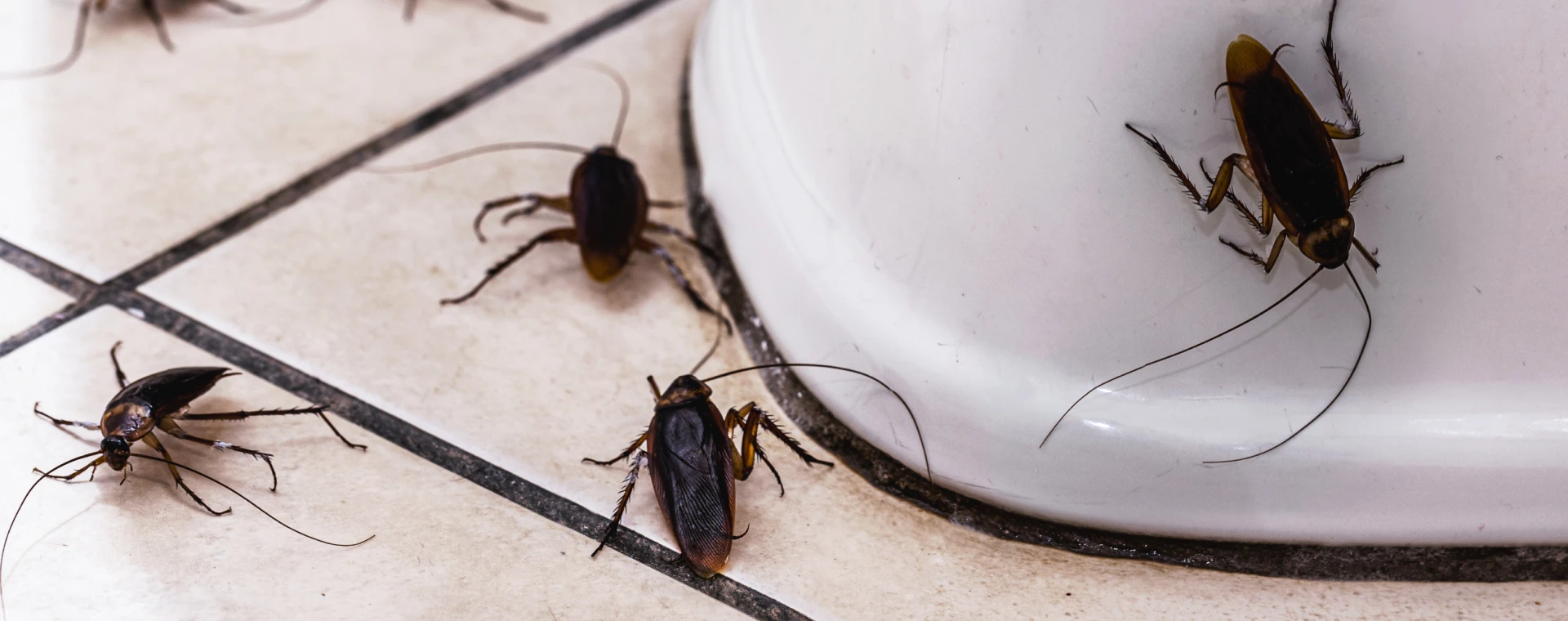Both condo unit owners and condo associations have some responsibilities regarding pest control under the Condo Act. Condo pest control only works when all parties ensure the condo is clean by regular vacuuming of cracks and crevices, regular maintenance to seal entry points, and proper waste management, among other measures.
How we work
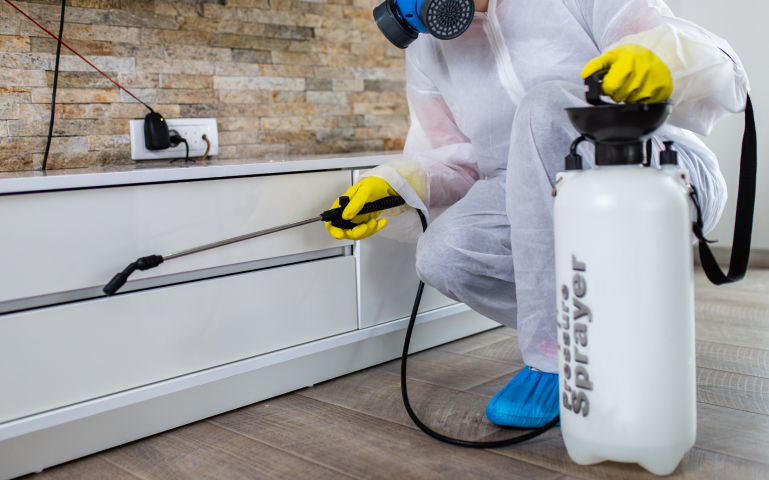
Understanding Condo Pest Control in Toronto
We invest time to understand your condo unit and identify potential pest hideouts. Only after pinpointing these areas where pests might establish a presence, will we proceed with the pest control for your condo
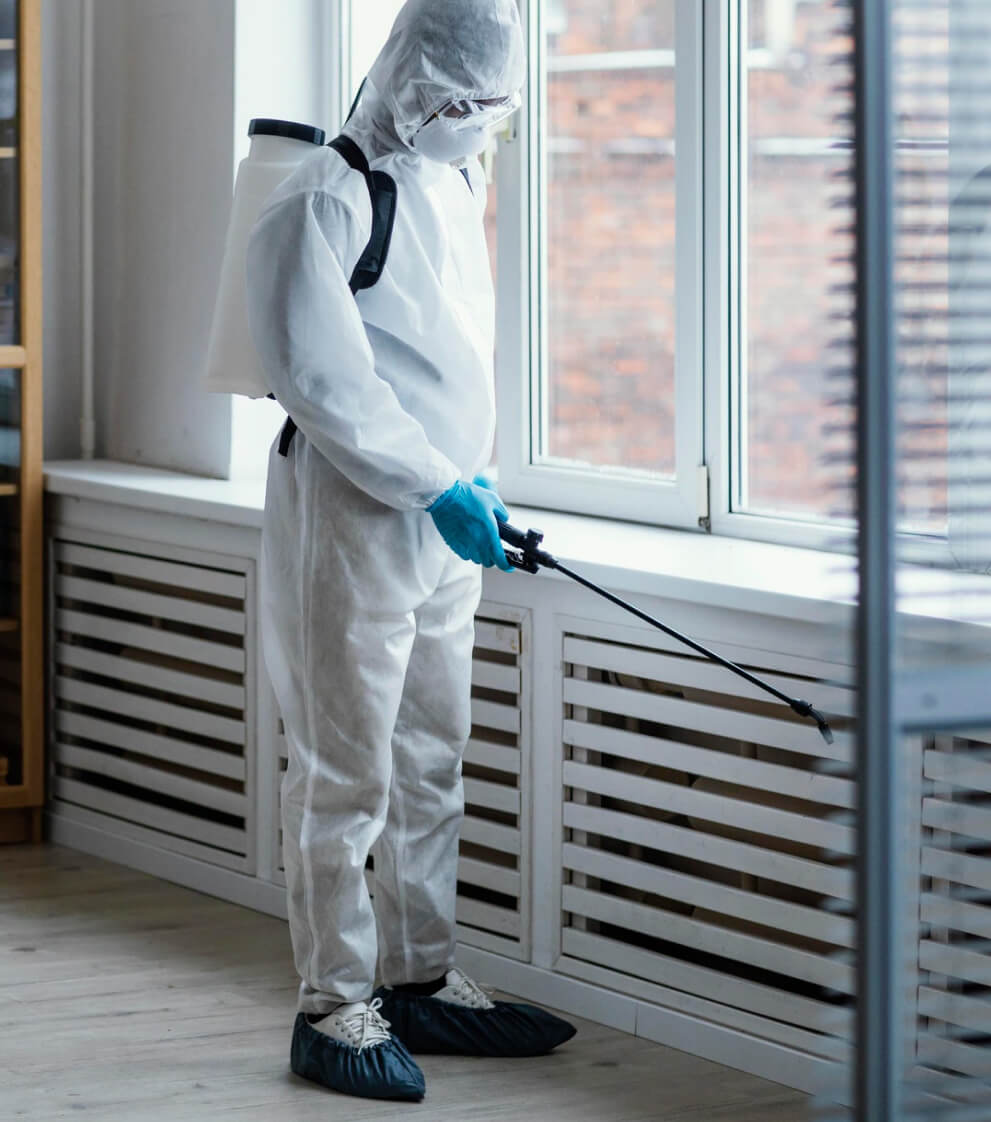
Condo Pest Control Strategy
Once we understand the current situation and identify which pests are most common in your condo unit, we can devise the best method to block their access points.
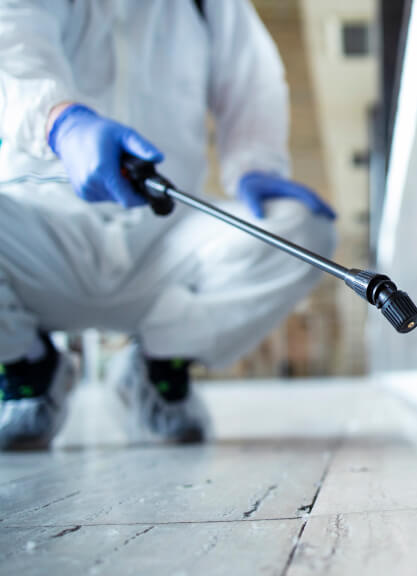
Condo Pest Control Essentials
Our experts continuously monitor traps and entry points, ensuring your condo unit remains free from pests. We’re always on the lookout for potential risks to keep your living space bug-free.
Other Popular services
